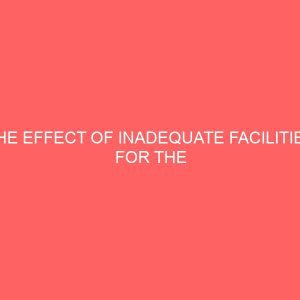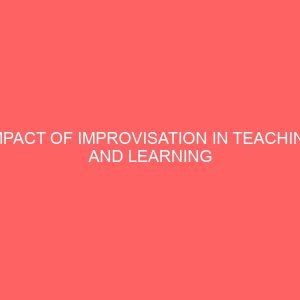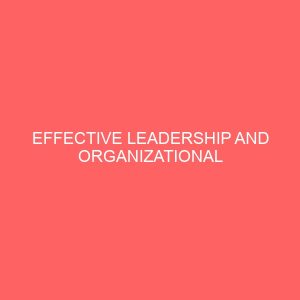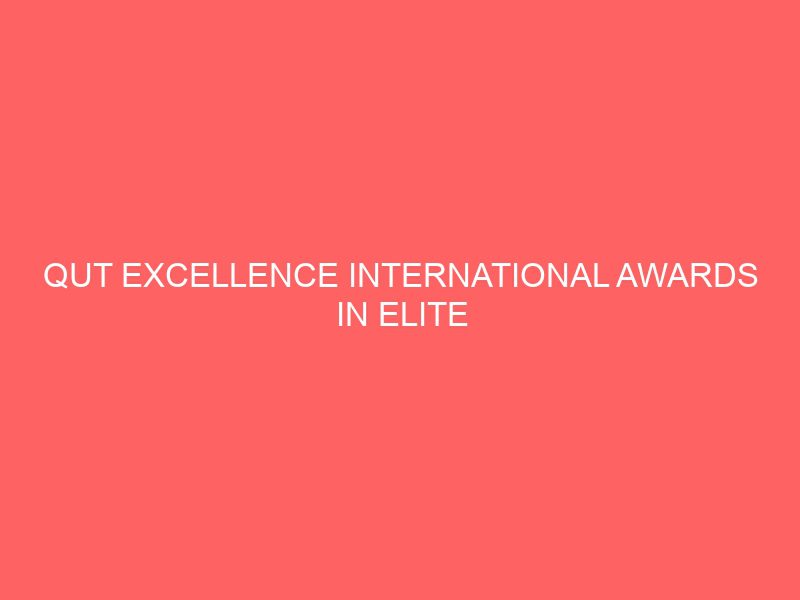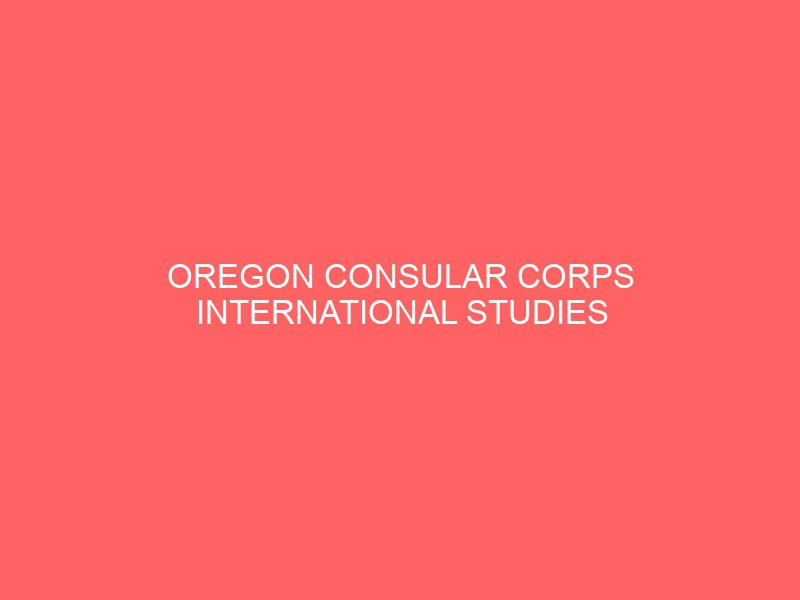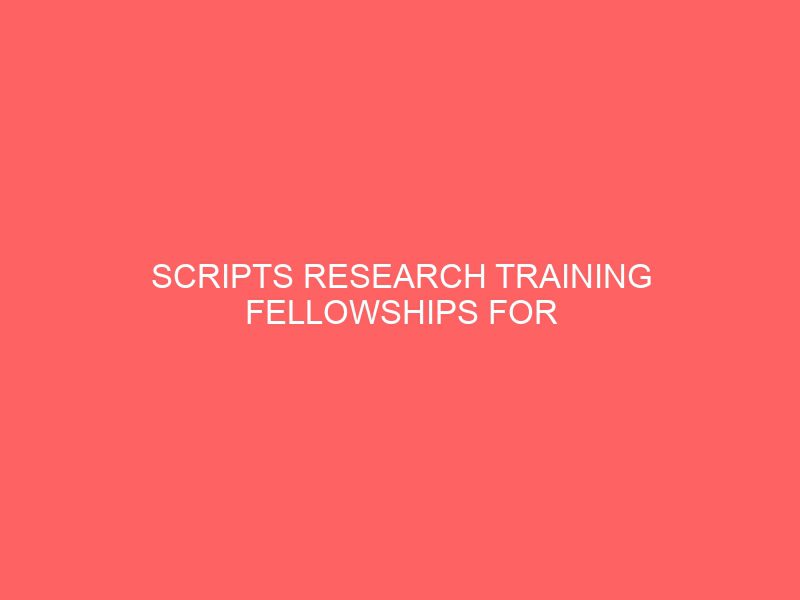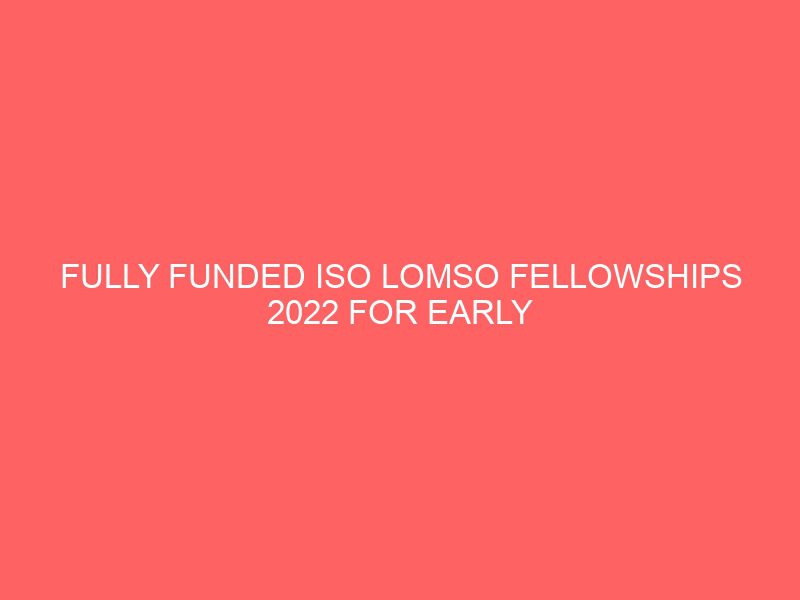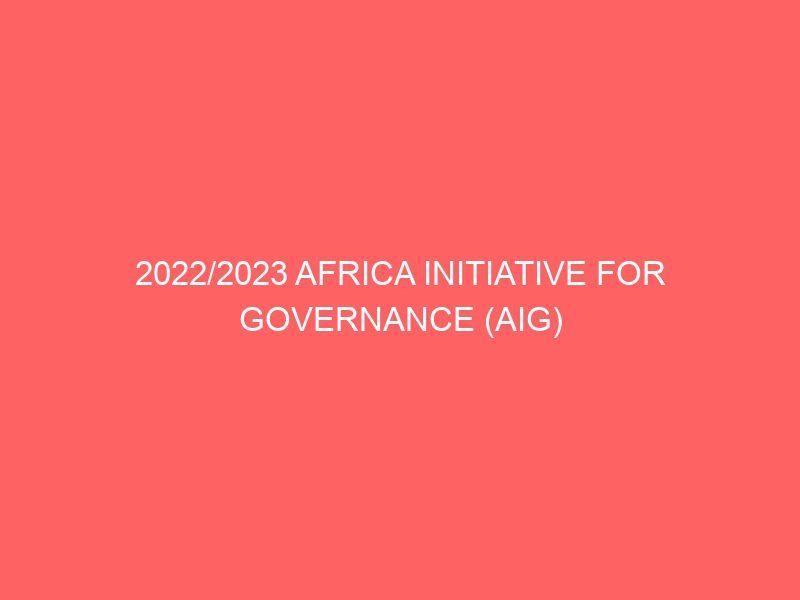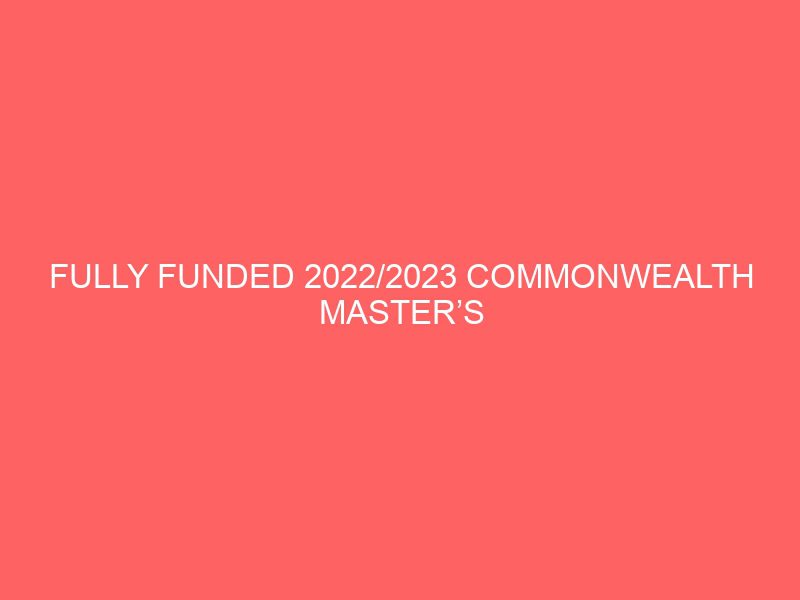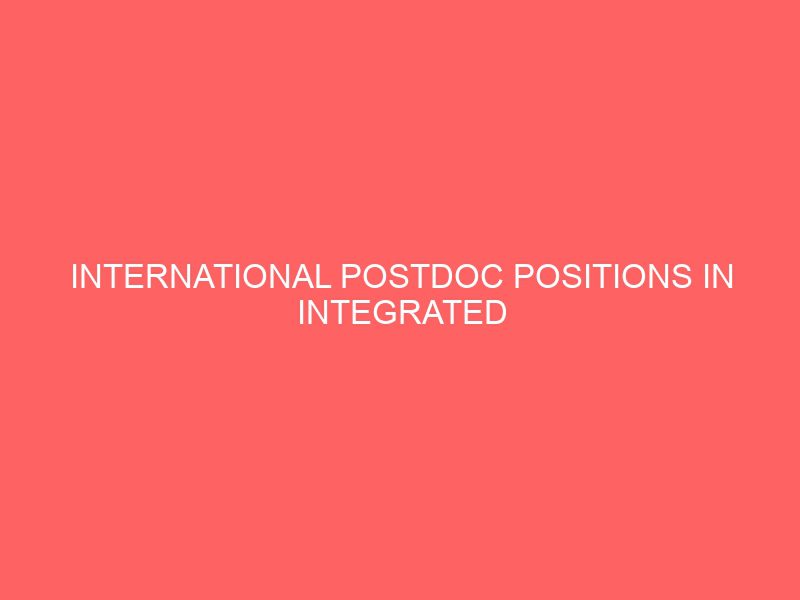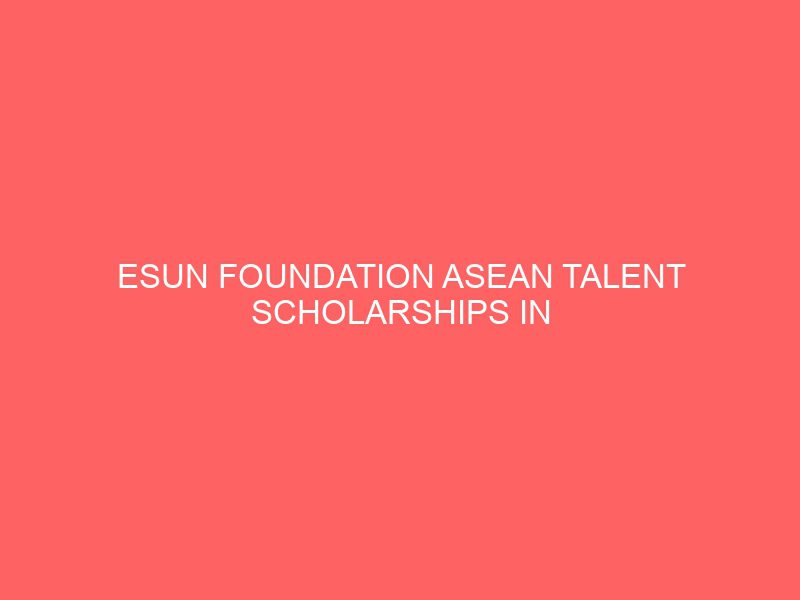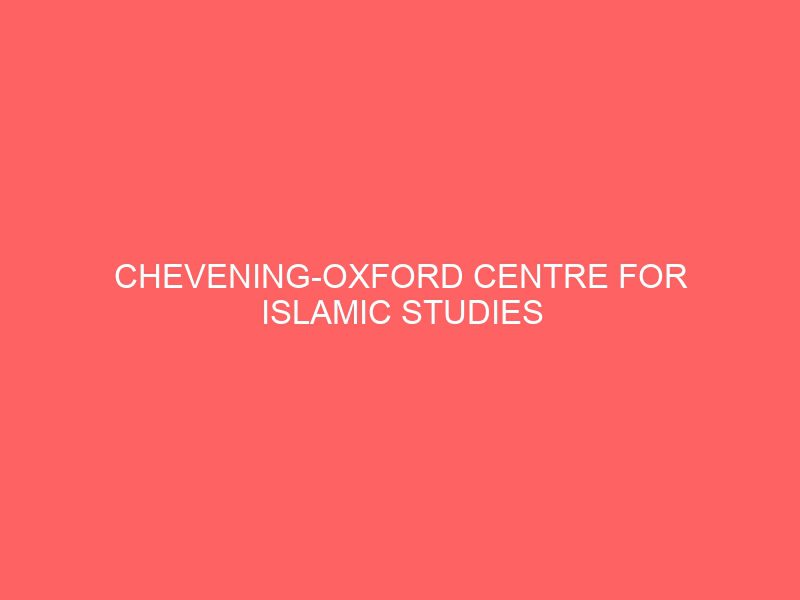Mass communication Project Topics with case study & Materials PDF DOC in Nigeria for undergraduate final year students
Mass communication Project Topics with case study & Materials PDF DOC in Nigeria for undergraduate final year students. Click and view their Preview. Brought to you by Projectslib research center, kano Nigeria. Goodluck
All Mass communication final year project topic ideas
For enquiries on any of our services (research writing, app/web development, partnerships), CLICK HERE
![]()
To specifically Hire a writer CLICK HERE
To specifically Hire a Developer CLICK HERE
2. THE IMPACT OF GOVERNMENT AND CONTROL OF ANAMBRA BROADCASTING SERVICE
3. THE EVALUATION OF THE EFFECIVENESS OF RADIO JINGLES OF FAMILY PLANNING PROGRAMMES
4. EFFECT OF SOCIAL MEDIA TECHNOLOGIES DURING THE ELECTIONEERING PERIOD IN NIGERIA
6. LAGOS STATE UNIVERSITY STUDENTS PERCEPTION OF NOLLYWOOD
7. PERCEPTION OF CYBERCRIME AMONG NIGERIAN YOUTHS (A STUDY OF CARITAS UNIVERSITY)
13. Role of na so i see am programme of integration of the yoruba and egun ethnic groups
14. Role of communication technology in improving work efficiency of AIT staff (a study of AIT Abuja)
15. Impact of mobile phone on agricultural information among Otukpo farmers
18. The use of state broadcast media as propaganda machinery by the state government
19. The impact of phone in programmes, a study of Soul Mender on Grace 95.5 FM Lokoja, Kogi state
20. Impact of television broadcasting on electioneering campaigns
22. Influence of billboard advertising of students electioneering campaign in Fidei Polytechnic, Gboko
23. Twitter and Facebook as social media of communication (a study of federal polytechnic Nekede)
24. The impact of HIV/AIDS awareness on the sexual behaviour of youth and undergraduate
25. Political interference and regulatory role of the national broadcasting commission in Nigeria
27. The effect of mass media on the political behavior of the electorate
28. Production challenges of state owned newspapers
30. The effects of social networking media in the behavioral pattern of undergraduates
31. The role of the radio in propagating culture in Nigeria
32. The role of public relations in crisis management
33. The role of radio in national development – a case study of Hot FM Owerri
34. The impact of communication in organizational efficiency
35. Effectiveness of ownership control of print media on objective reporting
36. Audience preference of NTA presenters in Owerri
37. Importance of indigenous language in broadcasting media
38. The influence of western movies on the moral values of Nigerian students in tertiary institutions
39. Cultural influence of foreign programs on youths
41. The role of broadcasting stations against drug abuses
42. Usefulness of mobile phone for agricultural information among farmers in Umuagwo, Imo state
43. Broadcast media tools for effective rural development
44. The impact of colour presentation by newspaper advertising, a case study of Vanguard
45. Importance of indigenous language in broadcasting media
46. The role of community radio stations in community development, a case study of Ihitte Uboma L.G.A
48. Influence of photographs on newspaper readers in Owerri north local government area of Imo state
50. The audience perception on the use of pidgin English in radio broadcasting
53. Effect of social media on students performance, a case study of Nasarawa state polytechnic Lafia
54. The impact of social media on students academic performance in higher institutions
56. The influence of social media on the use of traditional mass media among Nigerian youths
57. The role of the broadcast media in the campaign against HIV AIDS in Nigeria
58. The roles of the mass media in Nigeria politics
59. The impact of radio programming on the rural dwellers
60. The impact of public relations department on organizational performance
61. The impact of internet advertisement on consumer behaviour
62. Broadcast media, tools for effective rural development
66. The effect of drug abuse on academic performance of students of Federal Polytechnic Nekede
69. The role of community radio stations in community development, a case study of Ihitte Uboma L.G.A
70. Influence of photographs on newspaper readers in Owerri north local government area of Imo state
72. The audience perception on the use of pidgin English in radio broadcasting
74. The role of press in curbing kidnapping in Nigeria, a case study of the press in Imo state
79. The impacts of advertising on the consumers’ choice beverage
85. Facebook and news reporting in Nigerian polytechnics
87. Influence of manpower and equipment on NTA, case study of NTA Lokoja
89. Effect of communication on rural development
90. The impact of colour combination in newspaper design and make up, a case study of Punch newspaper
92. Impact of twitter handles on students access to celebrity pages
93. The role of public relations officers in paramilitary organizations
97. Media planning and effective public relation campaign – a case study of Pabod breweries
99. Internet use and academic performance of the Federal Polytechnic Offa students
102. The role of the media in the crusade against global terrorism
103. The importance of cartoons in newspaper journalism
104. An analysis of media ownership and the credibility of news reporting in Nigeria
105. Role of Nigeria media in promoting accountability in government
106. Importance of radio broadcast programs in Nigeria
107. Effect of commercial news on the ethics of journalism
108. Appraisal of public relations strategies for development of media houses
109. The impact of home video on cultural promotion
113. An assessment of the role of social media in the campaign against child abuse
114. Influence of home viewing television on academic performance of children in higher basic education
115. Influence of Channels iReport on citizen journalism in Nigeria, a study of Sapele metropolis
116. Perception of Airtel voice call advertisement among Delta state Polytechnic Otefe-Oghara students
117. Readership pattern of online newspapers among students of Delta State Polytechnic, Otefe-Oghara
118. Influence of unethical practice on news reporting, a study of Observer Benin city
119. Impact of adolescent exposure to romantic movies on their behaviours
120. Public perception of NTA report on buhari’s fight against corruption
121. Effect of government ownership and objectivity of the press, a study of Pointer Newspaper, Asaba
122. Timeline assessment of the role of media in the Nigeria Civil War
123. A two month coronavirus report by Guardian and Punch newspaper
127. Television as a positive contribution to the socialization of children
129. Role of NTA in mobilizing women for education, a study of Benin Network Centre
130. Effect of fetish practices in Nigeria home videos on the viewing habits of youths in Warri
133. THE ROLE OF SOCIAL MEDIA IN CONFLICT RESOLUTION
134. IMPACT OF TELEVISION ADVERTISING IN PROMOTING THE SALES OF MTN PRODUCTS IN ENUGU METROPOLIS
138. THE ROLE OF RADIO IN COMMUNITY DEVELOPMENT
142. THE INFLUENCE OF MASS MEDIA ON VOTING PATTERN OF NIGERIAN ELECTORATE
144. THE NIGERIAN BROADCAST MEDIA: DEVELOPMENT PERFORMANCE AND ACHIEVEMENT
147. ACCESSING THE IMPACT OF COMMUNICATION AND ITS PROBLEMS IN DEVELOPING COUNTRIES
148. IMPACT OF TELEVISION BROADCASTING ON ELECTIONEERING CAMPAIGNS
149. CHALLENGES AND PROSPECTS OF BOOK PUBLISHING IN BENUE STATE: AN ASSESSMENT OF ABOKI PUBLISHER
150. ROLE OF ENUGU STATE BROADCASTING SERVICE IN CONFLICT RESOLUTION (A STUDY OF ENUGU NORTH)
151. ROLE OF ENUGU STATE BROADCASTING SERVICE IN CONFLICT RESOLUTION (A STUDY OF ENUGU NORTH)
155. THE EFFECTS OF PRIVATIZATION OF THE ELECTRONIC MEDIA IN NIGERIA
156. THE ROLE OF NEWSPAPER ADVERTISEMENT IN AN ORGANIZATION
157. THE NIGERIAN BROADCAST MEDIA: DEVELOPMENT PERFORMANCE AND ACHIEVEMENT
158. SOCIAL MEDIA CHANNELS FOR SOCIAL MOBILIZATION IN THE SOCIETY-A COMPARATIVE STUDY
159. THE ROLES OF RADIO AND INTERPERSONAL COMMUNICATION IN THE ERADICATION OF GUINEA WORM
160. THE IMPACT OF ICT ON NEWS PROCESSING, REPORTING AND DISSEMINATION ON BROADCAST STATION
162. A COMPARATIVE ANALYSIS OF SOCIAL MEDIA AND NEWS MEDIA ON MEDIA REPORTING
163. The role of press in the emancipation and emergency of independence. a case study of nigeria
164. EFFECTIVE COMMUNICATION AS A STRATEGY FOR ENHANCING ORGANIZATION PERFORMANCE
165. ORGANIZATIONAL LEADERSHIP AND PUBLIC SECTOR PRODUCTIVITY (A CASE STUDY OF LAGOS TELEVISION)
166. THE USE OF AFRICAN COMMUNICATION SYSTEM IN POLIO ERADICATION CAMPAIGN
167. NEWSPAPER COVERAGE OF DRUG ABUSE IN NIGERIA A STUDY THREE SELECTED NEWS PAPERS
168. The role of press in the emancipation and emergency of independence. a case study of nigeria
169. THE ROLE OF MASS MEDIA IN SOCIALIZING CHILDREN
171. Mass media as a tool for educating Nigerian youth on violence
172. INFLUENCE OF BILLBOARD ADVERTISING OF STUDENTS ELECTIONEERING CAMPAIGN
173. IMPACT OF SOCIAL MEDIA ON THE ELECTORAL PROCESS
174. GOD FATHERISM AND CREDIBLE ELECTORAL PROCESS IN IMO STATE
176. ATTITUDE OF FEMALE STUDENTS TOWARDS JOURNALISM AS A CAREER
177. THE MOBILIZATION OF WOMEN IN ILORIN POLITICS 1979-2003
178. BENEFIT, CHALLENGES AND PROSPECT OF ICT FOR ADVERTISING PRACTICE IN NIGERIA
179. THE ROLE OF THE MEDIA IN COMBATING CORRUPTION IN NIGERIA
180. THE ROLE OF BROADCAST MEDIA IN MOBILIZING WOMEN FOR POLITICAL PARTICIPATION
181. THE INFLUENCE OF THE MASS MEDIA ON GOVERNMENT POLICIES (A CASE STUDY OF THE ANTI GAY LAW IN NIGERIA)
182. THE INFLUENCE OF TV ON THE SALES OF FAST MOVING CONSUMER GOODS IN NIGERIA
183. THE EFFECTIVENESS OF THE MASS MEDIA AS AN INSTRUMENT FOR NATIONAL DEVELOPMENT (FOCUS ON NIGERIA)
184. An Appraisal of Nigerian Newspapers Coverage of Womens Participation in 2007 General Elections
185. A COMPARATIVE STUDY ON THE IMPORTANCE OF PIDGIN ENGLISH IN BROADCASTING
189. AUDIENCE PERCEPTION OF THE PUNCH NEWSPAPER CARTOONS AMONG STUDENTS
190. IMPACT OF PORNOGRAPHY FILMS ON NIGERIAN YOUTHS
191. THE IMPORTANCE AND EFFECT OF COLOR IN PRINT ADVERTISING
192. AUDIENCE PERCEPTION OF FEMALE MODELS IN ADVERTISING MESSAGE
193. EDUCATIONAL BROADCASTING IN NIGERIA: AN ASSESSMENT OF RADIO BENUE MAKURDI
194. SOFT SALE MAGAZINE READERSHIP PATTERN AMONG NIGERIAN YOUTHS
195. ASSESSMENT OF THE WATCHDOG ROLE OF THE MASS MEDIA IN NIGERIA REFERENCE TO THE FORTH REPUBLIC
196. THE ROLE OF BROADCAST MEDIA IN MOBILIZING WOMEN FOR POLITICAL PARTICIPATION
197. IMPLICATION OF NATIONAL BROADCASTING COMMISSION CODE ON BROADCAST MEDIA (A STUDY OF AIT LAGOS)
198. TRADITIONAL MEDIA OF COMMUNICATION AS TOOLS FOR EFFECTIVE RURAL DEVELOPMENT
199. INFORMATION NEEDS AND INFORMATION SEEKING BEHAVIOUR OF PHARMACIES IN BENUE – MAKURDI TOWN
200. THE IMPACT OF PHOTO JOURNALISM ON THE SOCIETY
201. THE INFLUENCE OF WESTERN TELEVISION PROGRAMMES ON THE CULTURAL VALUES OF NIGERIA YOUTHS
202. IMPACT OF TOP RANK HOTELS PROFITABILITY THROUGH ADVERTISING IN NTA ENUGU
204. THE ROLE OF THE RADIO IN PROPAGATING CULTURE IN NIGERIA
205. THE INFLUENCE OF MASS MEDIA ON VOTING PATTERN OF NIGERIAN ELECTORATE
207. THE ROLE OF THE BROADCAST MEDIA IN THE ECONOMIC DEVELOPMENT OF NIGERIA Case study ESBS, Nigeria
209. INFLUENCE OF RADIO OWNERSHIP ON PROFESSIONAL JOURNALISM PRACTICE
210. THE NIGERIA MEDIA UNDER MILITARY RULE
211. THE EFFECTIVENESS OF TRADITIONAL MEANS OF COMMUNICATION IN IWOLLO OGHE COMMUNITY
212. IMPACT OF SALT FM RADIO ON POLITICAL MOBILIZATION OF THE PEOPLE OF EZZA NORTH L.G.A. OF EBONYI STATE
213. MASS MEDIA AS AN INSTRUMENT OF POLITICAL MOBILIZATION
214. THE ROLE OF THE MASS MEDIA IN PROPAGING HUMAN RIGHT ABUSE IN NIGERIA
215. INFORMATION DISSEMINATION AND SUSTAINABLE RURAL DEVELOPMENT IN BENUE STATE
219. THE INFLUENCE OF TELEVISION PROGRAMMES ON THE CULTURAL VALUES OF NIGERIA YOUTHS
221. THE PRESS IN NIGERIAN POLITICS ANALYSIS OF ISSURES AND PATTERNS OF NEWS COVERAGE
223. THE ROLE OF NIGERIAN BROADCAST MEDIA IN MOBILIZING WOMEN FOR POLITICAL PARTICIPATION
224. THE ROLE OF INDEPENDENT TELEVISION BENIN IN POLITICAL MOBILIZATION OF RURAL AREAS IN NIGERIA
225. THE ROLE OF BROADCAST MEDIA IN MOBILIZING WOMEN FOR POLITICAL PARTICIPATION
226. PROGRAMME PATRONAGE OF RADIO BENUE, MAKURDI: CASE STUDY OF MAKURDI
229. A SURVEY OF THE VIEWSHIP OF TELEVISION PROGRAMME IN NIGERIA
230. IMPACT OF COLOUR REPRESENTATION IN NEWSPAPER ADVERTISING
232. EFFECT OF GOVERNMENT OWNERSHIP AND CONTROL OF MASS MEDIA ON MEDIA OBJECTIVITY
234. THE USE OF STATE BROADCAST MEDIA AS PROPAGANDA MACHINERY BY STATE GOVERNMENT
235. IMPACT OF SOCIAL MEDIA ON STUDENTS ACADEMIC PERFORMANCE (A STUDY OF STUDENTS OF UNIVERSITY OF ABUJA)
236. THE EFFECTS OF UNETHICAL PRACTICES IN ADVERTISING: A CASE STUDY OF VITAFOAM IN NIGERIA
239. FACTORS MILITATING AGAINST EFFECTIVE MEDIA COVERAGE OF EZERE TOWN IN AWGU L.G.A
240. Role of Print Media as Tools of Public Relations Personnel
241. THE IMPACT OF FAMILY PLANNING ADVERTISING ON RADIO AUDIENCE A STUDY OF ERUWA COMMUNITY, IBARAPA
242. SIGNIFICANCE OF CELEBRITIES IN MEDIA ADVERTISEMENT A CASE STUDY OF YOYO BITTER AND NEWSPAPER ADVERT
243. THE IMPACT OF BILLBOARD USAGE IN ELECTION CAMPAIGN
245. The impact of the broadcast media in the development of the health sector in Lagos state
247. EFFECTIVENESS OF PRIVATE TELEVISION STATIONS IN CULTURAL PROMOTION
250. THE IMPACT OF FAMILY PLANNING ADVERTISING ON RADIO AUDIENCE A STUDY OF ERUWA COMMUNITY, IBARAPA
252. IMPACT OF SOCIAL MEDIA ON THE PERFORMANCE OF STUDENTS OF TERTIARY INSTITUTIONS
255. AKWA IBOM STATE UNIVERSITY STUDENTS PERCEPTION OF NOLLYWOOD
257. Effect of government ownership on enterprise Efficiency (Case study: Anambra broadcasting service)
258. Role of Print Media as Tools of Public Relations Personnel
259. SIGNIFICANCE OF CELEBRITIES IN MEDIA ADVERTISEMENT A CASE STUDY OF YOYO BITTER AND NEWSPAPER ADVERT
260. THE IMPACT OF BILLBOARD USAGE IN ELECTION CAMPAIGN
262. THE IMPACT OF BILLBOARD USAGE IN ELECTION CAMPAIGN
264. The impact of the broadcast media in the development of the health sector in Lagos state
266. EFFECTIVENESS OF PRIVATE TELEVISION STATIONS IN CULTURAL PROMOTION
269. THE IMPACT OF FAMILY PLANNING ADVERTISING ON RADIO AUDIENCE A STUDY OF ERUWA COMMUNITY, IBARAPA
270. ANALYSIS ON THE 2015 ELECTION CAMPAIGN FLAYER-POSTER IN LAGOS STATE
275. AN ASSESSMENT OF INTERNET COMPLIANCE NEWS IN GATHERING BY JOURNALISTS IN SOUTH EAST NIGERIA
276. IMPACTS OF PORNOGRAPHIC FILMS ON NIGERIAN YOUTH IN NIGERIA
277. IMPACTS OF SOCIAL MEDIA IN MODERN JOURNALISM IN NIGERIA
278. THE IMPACTS OF RADIO IN SPORTS DEVELOPMENT IN NIGERIA
280. AN EVALUATION OF THE IMPACTS OF CAMPUS JOURNALISM IN NIGERIAN POLYTECHNICS
281. The impacts of information acts on journalism practice In Nigeria
282. BOKO HARAM CRISIS AND THE SOCIO-POLITICAL DEVELOPMENT OF NIGERIA (A CASE STUDY OF NIGER STATE)
283. NEW MEDIA AS A TOOL FOR EFFECTIVE AND EFFICIENT COMMUNICATION TOOL AMONG NIGERIAN STUDENTS
284. ATTITUDE OF UNIVERSITY FEMALE MASS COMMUNICATION STUDENTS TOWARDS JOURNALISM AS A CAREER
285. THE IMPACTS OF INEFFECTIVE COMMUNICATION ON ORGANIZATION EFFICIENCY IN NIGERIA
286. ATTITUDE OF CARITAS FEMALE MASS COMMUNICATION STUDENTS TOWARDS JOURNALISM AS A CAREER
287. COMMUNICATION AS A TOOL FOR ENHANCING ORGANIZATIONAL PERFORMANCES (A STUDY OF NIGERIAN BREWRIES)
289. THE ROLE OF RADIO IN THE POLITICAL MOBILIZATION OF WOMEN IN NIGERIA
290. The influence of advertisement on consumer behaviour in Nigeria
292. AN EVALUATION OF THE IMPACTS OF CAMPUS JOURNALISM IN NIGERIAN POLYTECHNICS
293. The impacts of information acts on journalism practice In Nigeria
294. The impacts of public relations on corporate organization in Nigeria
295. The impacts of billboard advertising on product promotion in Nigeria
296. The impacts of government ownership on media objectivity in Nigeria
297. The impacts of television advertisement on the mental development of children in Nigeria
298. THE EFFECTS OF UNETHICAL PRACTICES IN ADVERTISING: (A CASE STUDY OF VITAFOAM IN NIGERIA)
304. THE EFFECTS OF UNETHICAL PRACTICES IN ADVERTISING: (A CASE STUDY OF VITAFOAM IN NIGERIA)
307. Role of na so i see am programme of integration of the yoruba and egun ethnic groups
312. Audience perception of Nigerian newspapers on the internet
313. Effect of public relations on the consumer (a case study of premier breweries plc)
314. Illusion and reality of press freedom in attaining a true democratic system of government in Nigeria
317. Impact of mobile phone on agricultural information among Otukpo farmers
318. Impact of social media on modern journalism (a study of journalists in Makurdi metropolis)
319. Impact of social media on students academic performance (a study of students of university of Abuja)
322. Impact of social media on students academic performance (a study of students of university of Abuja)
326. THE EFFECTS OF UNETHICAL PRACTICES IN ADVERTISING:(A CASE STUDY OF VITAFOAM IN NIGERIA)
332. INFLUENCE OF TELEVISION ADVERTISING ON CONSUMER CHOICE OF BEVERAGES (A CASE STUDY OF CARBURY)
335. NEWSPAPER COVERAGE OF SPORTS NEWS IN NIGERIA: A CONTENT ANALYSIS OF VANGUARD AND NATION NEWSPAPERS
336. News paper reading habit of female staff of Nnamdi Azikiwe University
340. THE EFFECT OF GRATIFICATION ON THE PRACTICE OF JOURNALISM

